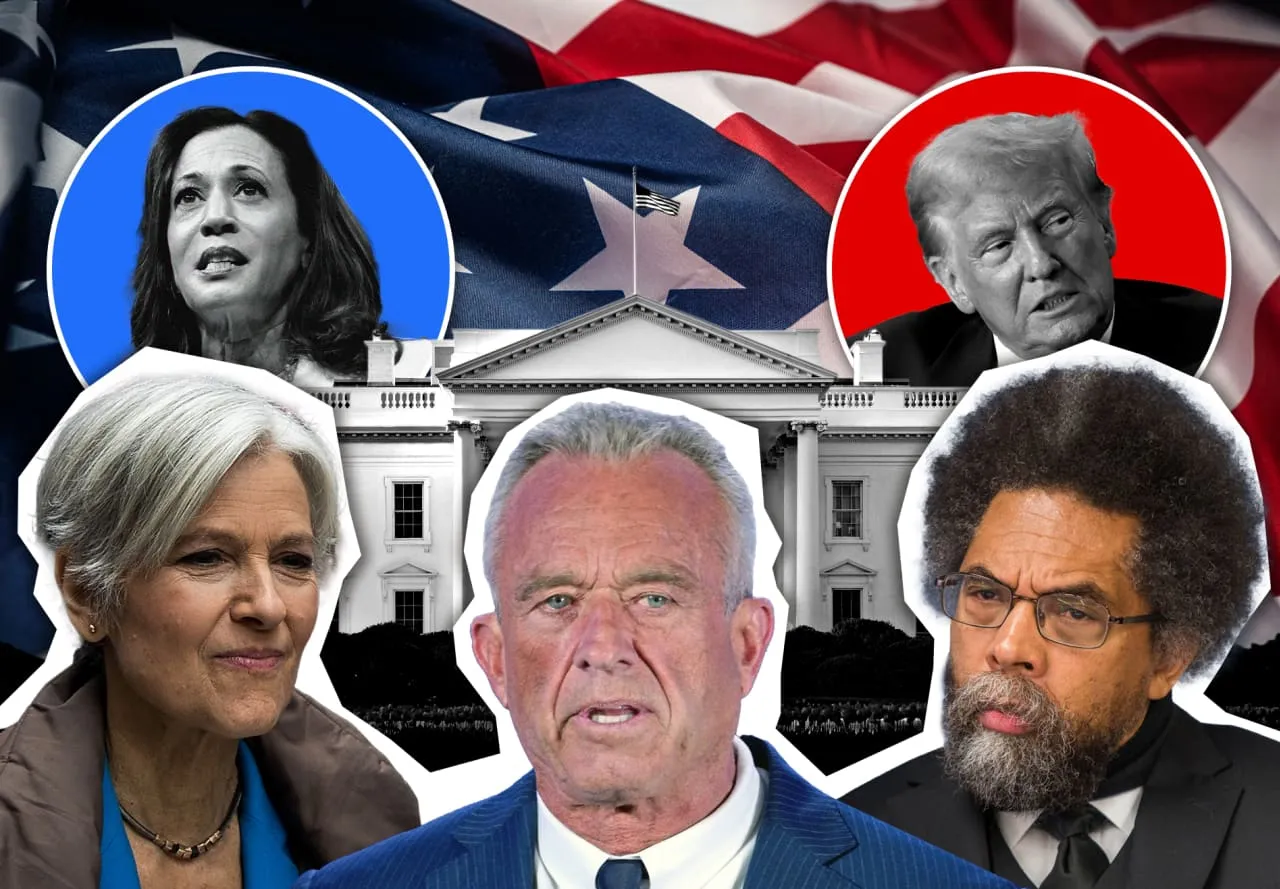Understanding the Electoral College: Challenges for Third-Party Candidates

Challenges Faced by Third-Party Candidates
The Electoral College is a central mechanism in U.S. elections that significantly impacts the presidential election landscape. Sharon McMahon, known as "America's government teacher," argues that it creates obstacles for third-party candidates, making it hard for them to gain traction.
Implications of the Electoral System
- The structure of the Electoral College favors major parties, primarily Republican and Democrat.
- Third-party candidates like Perot often struggle to secure enough votes.
- The Constitution establishes a framework that perpetuates this binary system.
What This Means for Voters
As voters head to the ballot box, understanding the electorate dynamics is vital. It raises questions about the influence of political parties and how votes are counted, impacting the overall election process.
This article was prepared using information from open sources in accordance with the principles of Ethical Policy. The editorial team is not responsible for absolute accuracy, as it relies on data from the sources referenced.